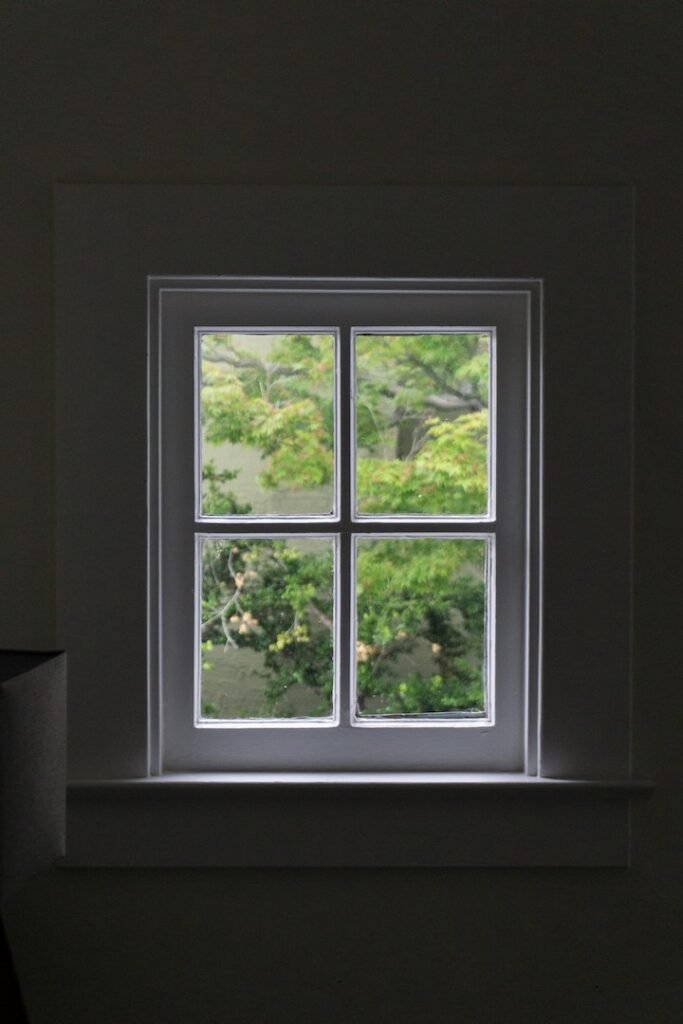Practical Steps
There are several steps you can take to reduce the noise from outside coming into your home, and perhaps even contribute towards reducing noise pollution in the general community.
We have considered some measures that could potentially help, but keep in mind that these have not necessarily been tested and the efficacy of e.g. using an EV over a gas-powered car with a 4-cylinder engine might not actually make that much of a difference in the grand scheme of things – it would be better to rely on scientific findings. The information found on our website is mainly brainstorming.
They say change starts at home, and possibly the first thing you can try to do is to reduce noise pollution at home. Practical modifications may make a difference, such as if you opt to install double-glazed windows. These windows consist of two layers of glass with a space in between, which is believed to significantly reduce external noise. Additionally, homeowners can use soundproofing options to prevent outside sound. Even if you live in an area which isn’t too busy, you might want less rain noise, for example. Of course, sometimes it’s nice to be inside and hear the rain.

Rearranging furniture may also play an important role in dampening outside sound, particularly when done “right” (keep in mind that there is likely more than “right” way here). Wardrobes and bookshelves, for example, being placed against walls may help to prevent outside noise from coming into your living area. This may be one of the least costly solutions but could be a lot of work depending on your existing furniture arrangement.
On a community level, there are also things you can do – e.g. to suggest different approaches to marketing where it is typically auditory or to support local parks and greenery. Fun fact: trees are said to have a positive affect when it comes to reducing noise pollution.
Promoting the use of quieter public transport options, such as electric buses and bicycles, can make a substantial difference. We already barely beep our car horns in Thailand, so it’s not really something to change – electric vehicles generate less noise compared to traditional gas-powered engines, so that could potentially make a difference. Encouraging the community to adopt quieter transportation methods can lead to substantial reductions in overall noise pollution.
(Amsterdam is said to be one of the world’s quietest cities. Cycling apparently makes up to 36% of all trips. Of course, an in-depth analysis should be conducted to see the correlation between quietness and cycling and what other factors there are to consider – this is just surface level information.)
At the same time, consider that Bangkok is often recognized for being alive – and full of life. Should the city strive for absolute quietness? Or will a big city continue to have some level of noise anyway? Will the measures pointed out prevent it from having the hustle and bustle we all love today? Perhaps it is good to consider a balance, if there ends up being too little noise for a city of this magnitude. Bangkok, then, can remain lively and dynamic without compromising on the tranquility needed for the well-being of its residents.
In summary, creating a quieter Bangkok may be achievable through various factors, although it is likely better to check on scientific evidence on noise pollution, outside noise reduction, etc. It’s also worth considering how much noise you want Bangkok to have. We love the city for its energy.
